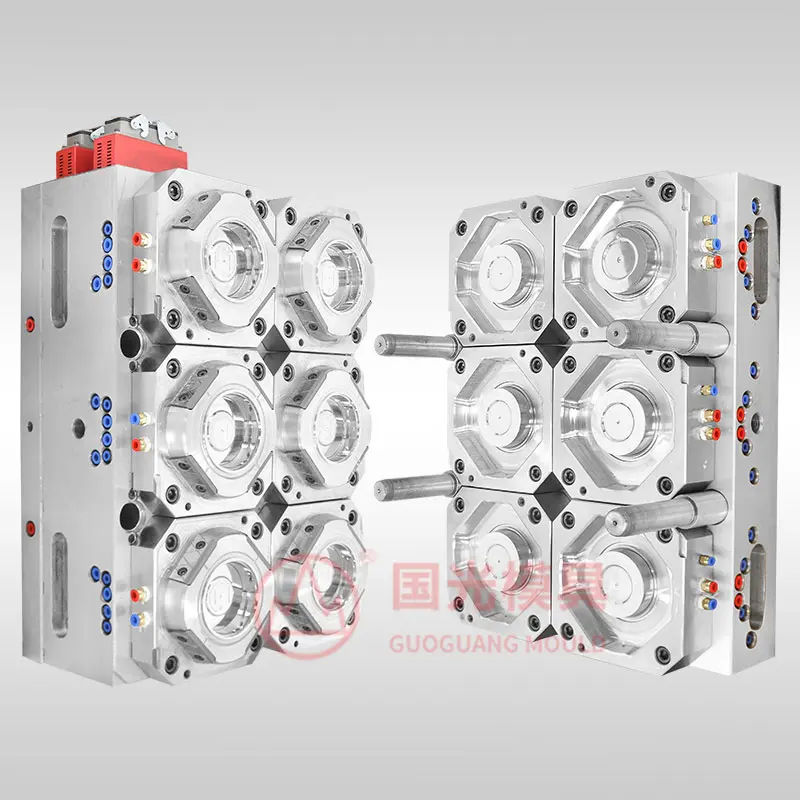
Thin-wall molds are one of the commonly used molds in the manufacturing industry and are used to produce small and thin parts in various plastic products and metal products. Thin-walled molds need to undergo high-speed operation, high temperature and high pressure environments during the manufacturing process, so their service life is affected by many factors.
The importance of material selection
Thin-walled molds are usually made of high-speed steel, cemented carbide, hot work steel and other materials. Choosing the corresponding materials according to the use environment is the primary condition to ensure the service life of thin-walled molds. Common usage environments include high temperature, high pressure, impact, wear, etc. When selecting materials, the impact of these environments on the mold should be considered to avoid short-term damage.
importance of design
The design of thin-walled molds is another important factor affecting service life. Unreasonable design is prone to stress concentration and severe deformation, which affects the stability and service life of the mold. Therefore, when designing thin-walled molds, we must pay attention to structural rationalization, reasonably optimize the module structure, reduce module deformation, avoid stress concentration, and improve the load-bearing capacity and service life of the mold.
The importance of surface treatment
Surface treatment is another key factor in ensuring the service life of thin-walled molds. Common surface treatment methods include oxidation, hardening, chromium plating, etc. These surface treatment methods can improve the wear resistance and corrosion resistance of the mold, thereby extending the service life of the mold. Choosing appropriate surface treatment methods and scientific surface treatment processes can effectively improve the surface hardness and wear resistance of the mold.
The importance of maintenance
The service life of thin-walled molds is not only the comprehensive result of material, design and surface treatment factors, but also is inseparable from maintenance. Reasonable maintenance measures can maximize the service life of thin-walled molds. During use, the mold should be inspected regularly, problems found to be repaired in time to improve maintenance efficiency, and timely cleaning and lubrication to reduce corrosion and wear, thereby extending the service life of the mold.
Conclusion
To extend the service life of thin-walled molds, it is necessary to consider all aspects of material selection, design, surface treatment and maintenance, select appropriate materials according to the use environment, carry out reasonable design, carry out effective surface treatment, and adopt Scientific maintenance measures can ultimately achieve the purpose of extending the service life of the mold.
Post time: Jan-23-2024





